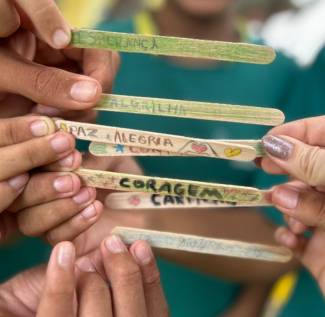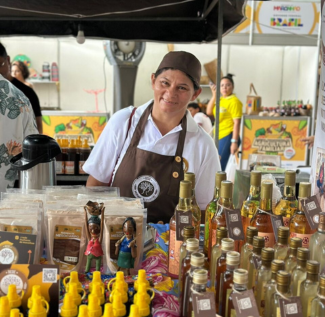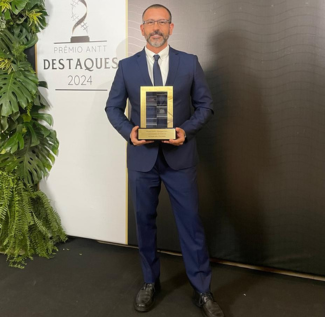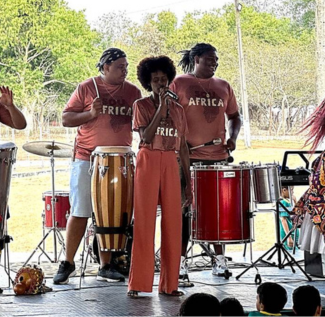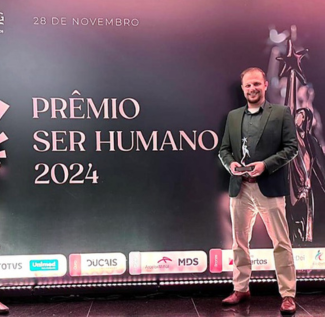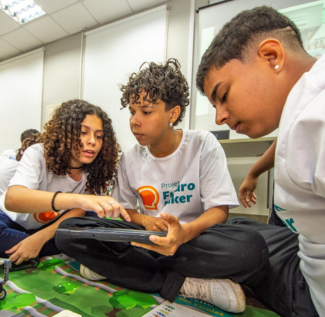Vale Foundation starts implementation of Education and Health Program in southeastern Pará

In the Southeast of Pará, the Education and Health Program begins to be implemented in eight municipalities: Canaã dos Carajás, Tucumã, Ourilândia do Norte, Parauapebas, Marabá, Bom Jesus do Tocantins, Curionópolis and Eldorado dos Carajás. The program consists of three initiatives of the Vale Foundation that are executed in partnership with the municipal secretariats according to the local context.

The Literacy Trails, developed in partnership with Fundação Getulio Vargas (FGV/DPGE) based on the experience of the project in the 24 municipalities of Maranhão of Estrada de Ferro Carajás; the Health Social Protection Cycle, implemented by the Health Promotion Center (CEDAPS) with a history of operation in several municipalities; and the Networked Territories, carried out with Cidade Escola Aprendiz and two experiences already consolidated in Marabá, Pará and Serra, in Espírito Santo.
Education: Literacy and combating school exclusion
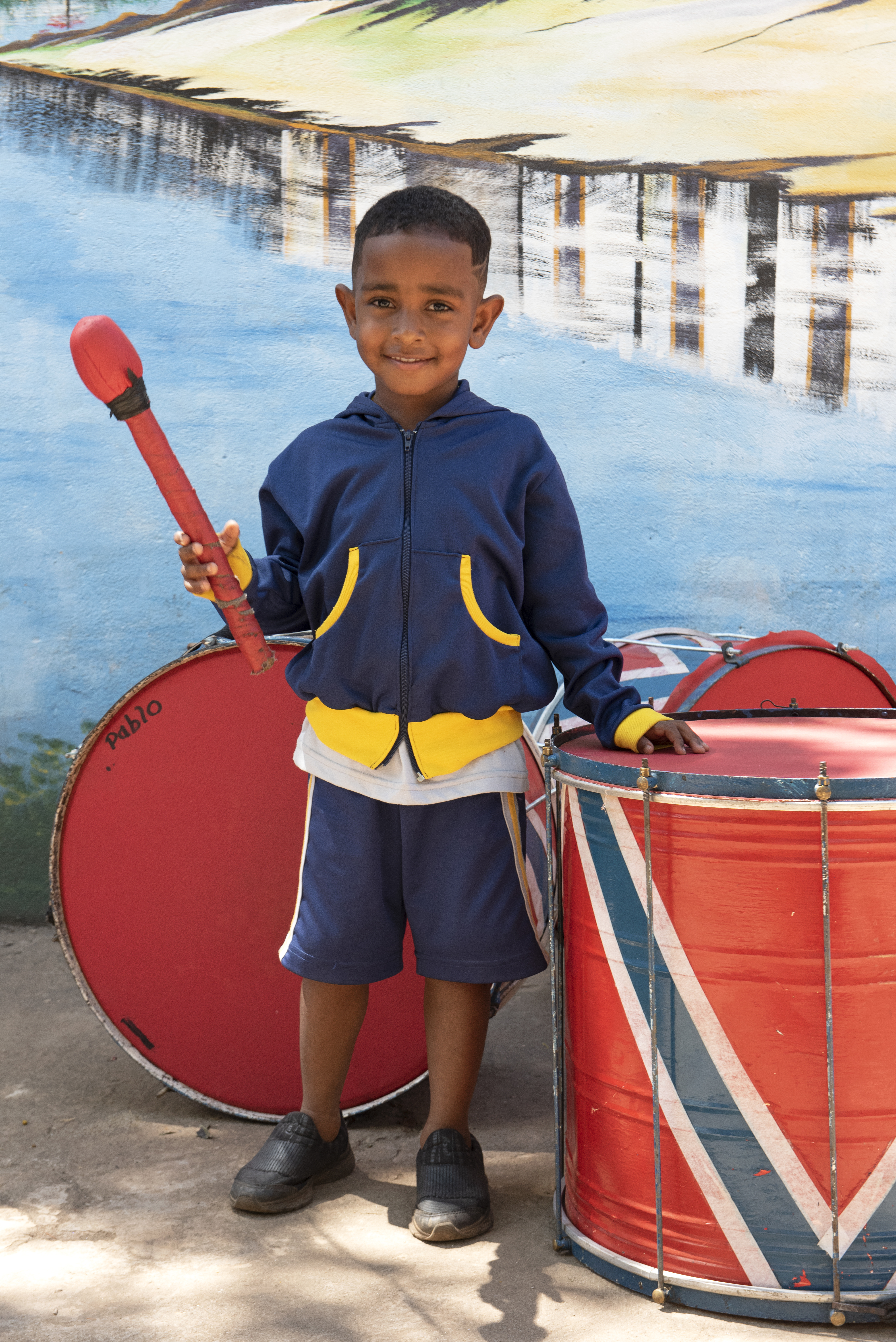
Before the pandemic, Pará already faced great challenges in consolidating the right to public and quality education. The last National Assessment of Literacy (Ana), in 2016, pointed out that 76.4% of students enrolled in the 3rd year of Elementary School in public schools in Pará obtained insufficient learning in reading, 59.9% in writing and 76.9% in mathematics. In addition, the State has high rates of failure, school dropout and age-grade distortion at different ages and levels of education. The pandemic aggravated the situation in the region, in which the health and economic crisis accentuated social inequalities and made it difficult for poorer students to access school.
The Literacy Tracks project aims to contribute to improving the level of literacy and learning of children enrolled in the municipal public network. The project is guided by the BNCC and considers the three basic principles present in the Curriculum Document for Early Childhood Education and Elementary School of the State of Pará:
Respect for the Various Amazonian Cultures and Their Interrelationships in Space and Time;
Education for Environmental, Social and Economic Sustainability;
Interdisciplinarity in the Teaching-Learning Process.
Among the actions of the project are the strengthening of municipal management, the training of educators, managers and technicians of the municipal departments of education, the production of complementary didactic material and monitoring and evaluation of learning.
José Henrique Paim Fernandes – professor at FGV/EBAPE and Education Consultant at the Inter-American Development Bank (IDB), emphasizes the importance of the project and the intersectoral view of the Education and Health Program: “A fundamental aspect of the project is to work in a multidimensional way. Considering that we are experiencing a resumption of classes in the post-pandemic period, I would say that this health and education relationship is very important so that we can recompose learning with a health security that also allows the articulation of policies at the end, involving the social areas of the municipality”.
Today the project is already agreed with 7 municipalities in Pará and goes to the stages of preparation of the diagnosis and planning, in addition to already having a team in the field for the mapping of cultural manifestations and subsidies for the development of complementary didactic material.
The Networked Territories project has a specific look at the public of greater social vulnerability, especially in the peripheries and poorer regions of the cities, carrying out social mobilization actions, raising awareness of local institutions and home visits, in order to combat school exclusion. The focus of the project is to ensure that children and adolescents have access to the right to study, which requires an understanding of the social context of these children and their families, as well as field teams prepared to identify the problems that lead to school exclusion and propose solutions.
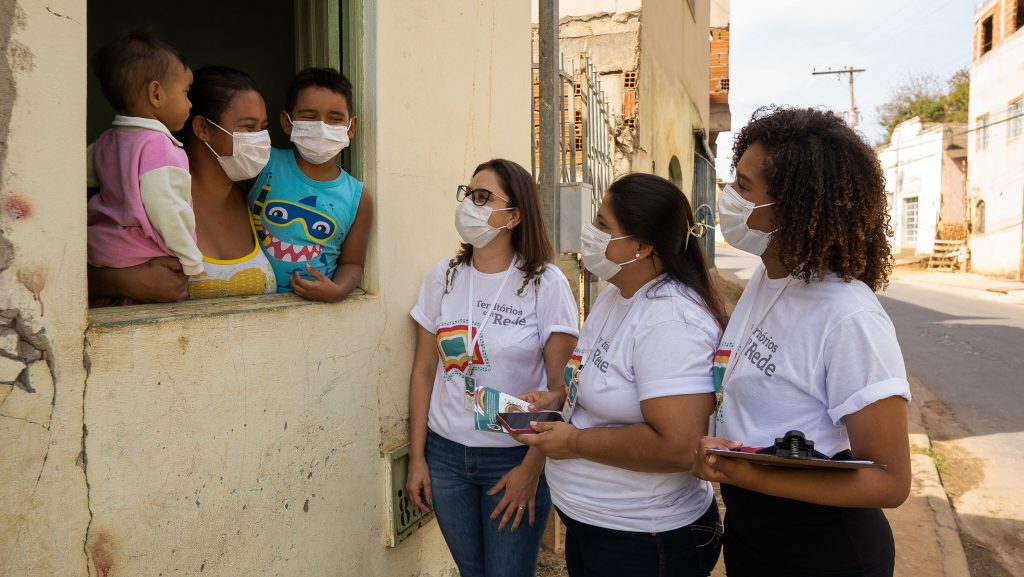
The project structures an Intersectoral Steering Committee in municipalities where it is not constituted, promoting a space that contributes to a systemic view of the living conditions of specific groups, collectively identifying solutions that can mitigate vulnerabilities in the fields of health, education and social assistance. The actions of the project are carried out in partnership with the government and with public and social agents, so that the practices are systematized and incorporated into public management in the future.
In Pará, the project identified, in the first half of 2022, 1,684 children and adolescents out of school or at risk of school dropout, and helped reinsert 1,501 into the educational system.
Natacha Costa, director of Cidade Escola Aprendiz, emphasizes the importance of active search and intersectoral management: “In a country like Brazil, it is important to think of the right to education as an inseparable right from other social rights. This means that for a child to be in school, it is sometimes necessary to constitute a set of conditions for them and their family to survive. Hence, active search work and intersectoral management are fundamental strategies. The active search ensures that children, adolescents and young people are identified, as well as the risk factors to which they are exposed. Intersectoral management ensures that measures to address these risks are implemented.”
Health and Social Protection: allies in guaranteeing rights
Brazil has the Unified Health System (SUS) and the Unified Social Assistance System (SUAS), which organize their services at basic levels of care. These services are present in Brazilian municipalities and directly reach the population. The Health and Social Protection Cycle aims to strengthen disease prevention and health promotion actions with a transversal policy of SUAS, with managers and professionals in the areas of Health and Social Assistance more qualified and with better technical and material conditions for a performance that makes a difference in the territories.
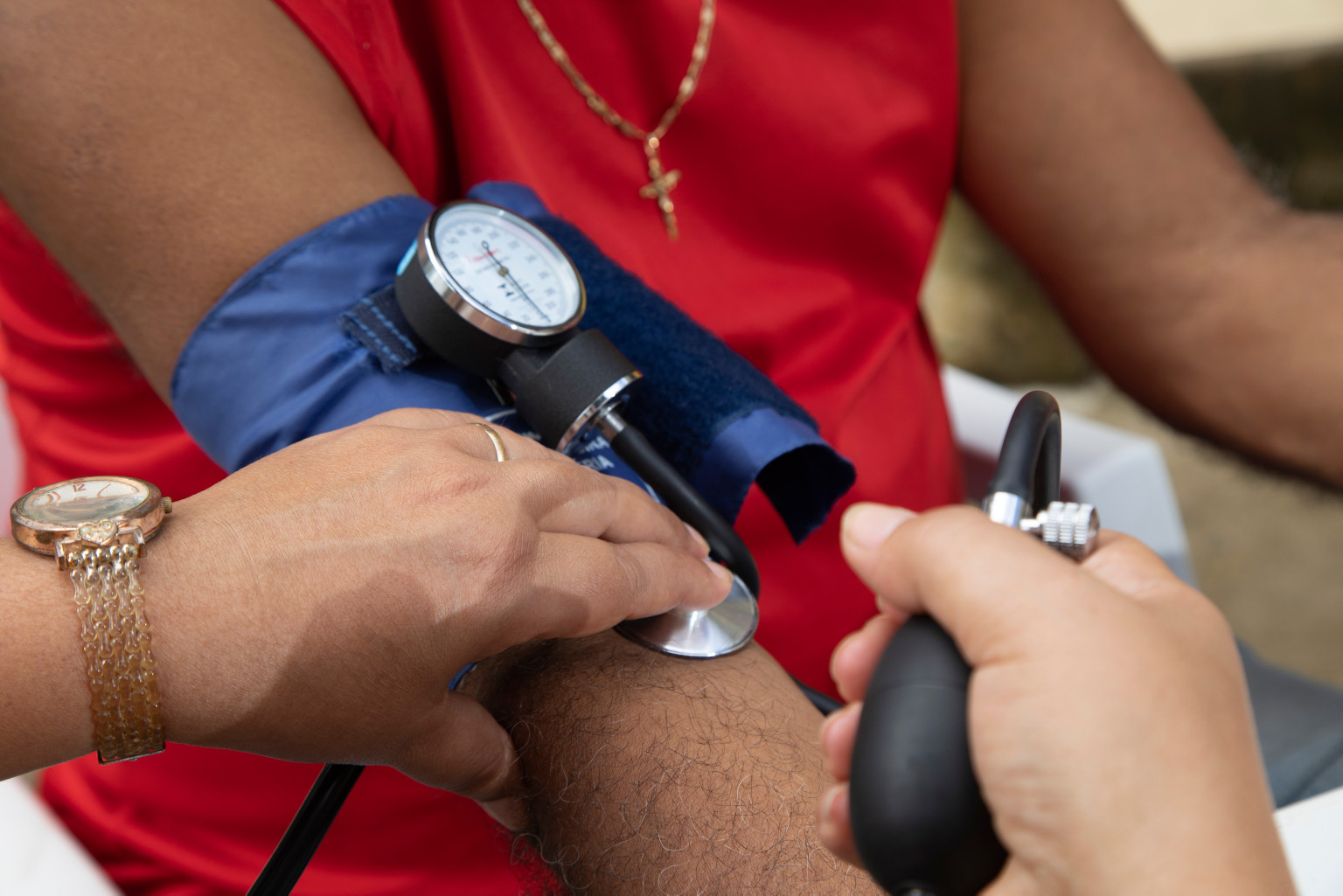
The actions are organized from the experience accumulated by the Health Cycle in the territories with emphasis on active and participatory methodologies, recognized and with results. The main objectives of this front are to develop capacities and foster the permanent education of managers and professionals; foster the culture of intersectoral action; expand the performance of Primary Health Care and Social Assistance and improve Social and Health indicators (Previne Brazil).
The program began in June 2022 and is in the strategic implementation phase, with the realization of four actions:
Situational analysis, including the survey of the need for equipment for UBS and CRAS (with deliveries scheduled for 2023);
Agendas for approaching the secretariats and institutions of permanent education and geoplanning working groups for SUS and SUAS;
Improvement of program services, customized for each municipality, based on the needs identified by the situational analysis;
Conducting basic and thematic workshops: Each municipality will have a customized strategy, which is called Shared construction of local solutions by the program methodology.

